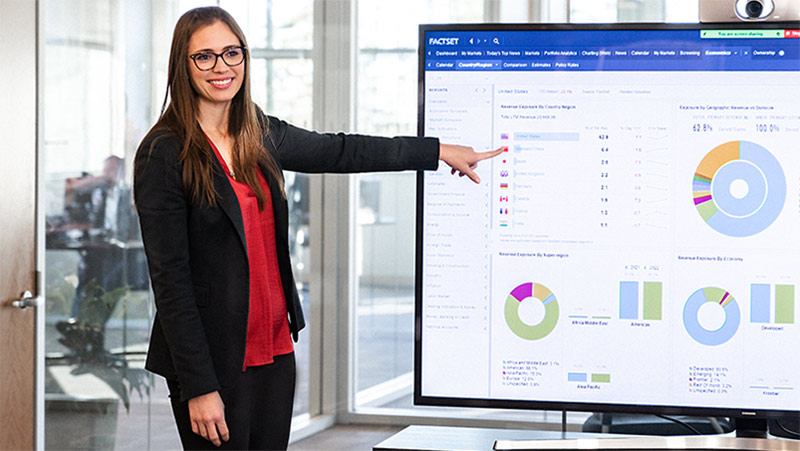From workplace pension schemes and Individual Savings Accounts (ISA) to mutual funds—and equities and fixed interest—you can choose from a myriad of options. But which options are best for building an investment portfolio to fund your retirement? An investment adviser can help you determine the best path forward that meets your individual needs.
That's why it’s our goal at Fisher Investments UK to help you navigate the confusing universe of investment options and offer customised strategies to fit your personal situation, retirement goals and investment time horizon. We do this by talking with you to understand your complete financial picture. To learn more about how we can help, browse our selection of retirement planning guides or request an appointment today.
Creating Your Retirement Strategy
Each investor has their own idea of a comfortable retirement. A common theme for most is to support their desired lifestyle without relying on a regular paycheck. Planning for a comfortable retirement means:
- Establishing realistic goals
- Understanding your investment time horizon
- Determining which investment strategy maximises the likelihood of achieving your ideal retirement lifestyle
After establishing your goals, timelines, and personal factors, we may recommend, where deemed suitable, an asset allocation strategy. We’ll also recommend the discretionary investment management services of Fisher Investments, our parent company. Fisher Investments harnesses decades of experience from its Investment Policy Committee and an extensive research team to help set clients up for success in retirement.
Five Steps to Building Your Personalised Investment Portfolio

1. In-Depth Introduction
You tell us about your financial goals and your unique situation. The better we know you, the better portfolio recommendation we can provide.

2. Comprehensive Portfolio Analysis
We perform a thorough evaluation and send a detailed analysis of your current portfolio.

3. Portfolio Investment Recommendation
We discuss our recommendation with you to help ensure you’re comfortable with the plan.

4. Strategic Portfolio Implementation
Highly skilled trading and implementation teams put Fisher Investments’ strategy to work in your accounts.

5. Ongoing Service
You and your client service team regularly discuss your portfolio and your ongoing needs.







